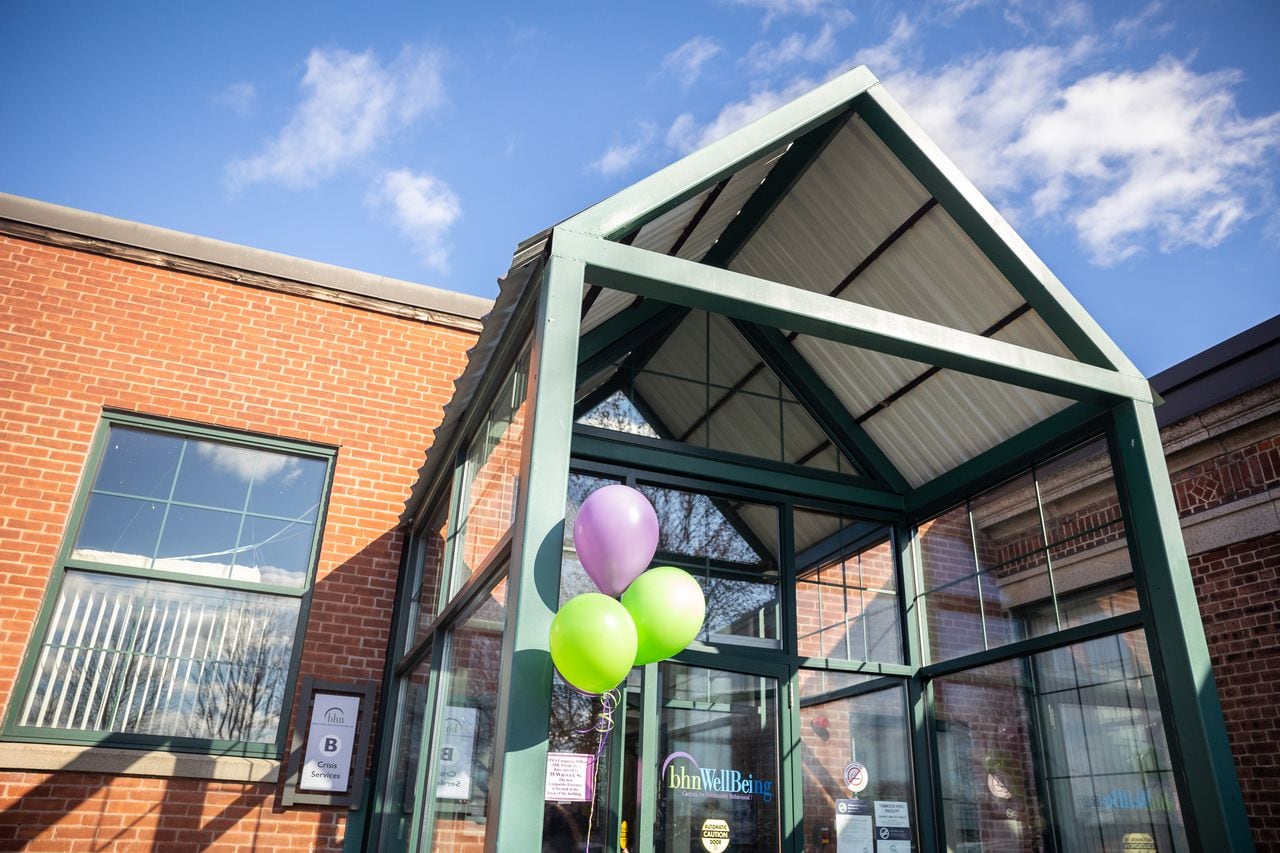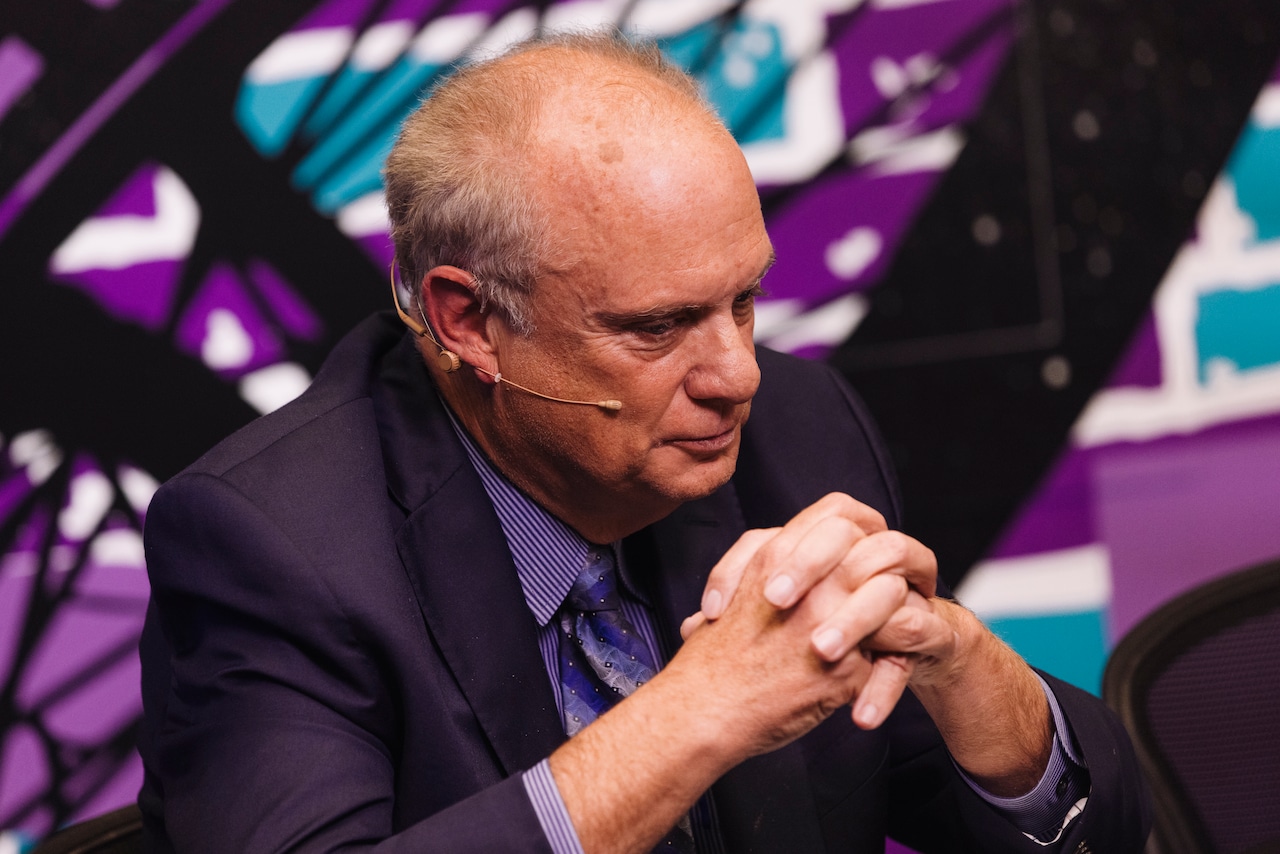
It’s the perfect post-pandemic storm: an increase of children needing behavioral health care and a decrease in available clinicians.
A survey conducted by the Association for Behavioral Healthcare found that children in the state are waiting longer for behavioral health services. For instance, there is an average wait of 20.5 weeks for families seeking in-home therapy with MassHealth (the state’s Medicaid program), and those with private health insurance must wait even longer with an average of 26.5 weeks for those types of services.
The survey said clinician shortages are hampering children’s ability to receive behavioral health help.
“Massachusetts has an impressive system of home- and community-based mental health services for families with public and commercial health coverage, but that system is on paper only,” said the report released in December describing the survey results. “Children are suffering because we are failing to invest in services and in the workforce.”
Association for Behavioral Healthcare is an organization that represents over 80 community-based mental health and addiction treatment organizations. Its survey, which it conducted in July, was answered by 30 organizations that run 208 sites across Massachusetts and found that “as many as 3,300 families were waiting to receive services at the end of Fiscal Year 2022.”
Lydia Conley, president and CEO of the Association for Behavioral Healthcare, explained that if children are not given the resources when they initially need them, the children’s needs can become acute while waiting for care.
In response to the federal litigation Rosie D. v. Romney, the state created the Children’s Behavioral Health Initiative for children with MassHealth to provide services such as in-home therapy and behavioral health services.
In 2019, a similar standard of services was required for those with private insurance, called Behavioral Health for Children and Adolescents. The Association for Behavioral Healthcare survey notes that due to unclear guidelines from private insurance companies, “There is less incentive to accept families with commercial insurance, creating a two-tier system as to who accesses and receives CBHI services within the Commonwealth.”
Meanwhile, the number of children the system is treating has not returned to pre-pandemic levels, the survey found.
“To date, utilization of these services has not rebounded, due to diminished provider capacity. … By the end of May 2023, respondents reported approximately 32% fewer children and families than pre-pandemic levels received these same services,” the report says.
Wages for clinicians are a factor, the survey noted. Many of the services provided by Children’s Behavioral Health Initiative are based in an in-home setting to involve family members and caretakers. These appointments are often conducted on nights and weekends and present more complexities than in-office appointments, yet the wages paid are significantly lower than those for in-office or remote clinicians.
As of August 2023, state officials have invested $70 million into the initiative, but Conley said, “it is not sufficient to elevate salaries to attract and keep staff.”
As a result, about 756 staff positions are sitting vacant, and difficulties finding financing and staff have caused program closures. Between the 2019 to the 2023 fiscal years, the report said, six in-home behavioral services programs, 15 therapeutic mentoring programs and 17 in-home therapy programs have closed.
In addition to the state’s Roadmap for Behavioral Health Reform, the Association for Behavioral Healthcare provided specific recommendations in order to meet the needs of families in the communities. It suggested providing sustainable rates for clinicians, paying a rate differential for non-English services, eliminating provider referrals, investing in outpatient services, implementing loan repayment awards and scholarships to attract and retain clinicians and reducing unnecessary administrative work for clinicians.
Katherine Mague, senior vice president of Behavioral Health Network, confirmed that as one of the organizations that reported to the Association for Behavioral Healthcare’s survey and provides services to youths in both Hampden and Hampshire counties, the findings are spot on.
“There was an exodus of staff during the pandemic and hiring back has been hard,” Mague said. “Kids come in with much more acute conditions now than before. This is a real mental health crisis and it’s now harder to do the work with many more needing it.”
If you or someone you know is looking for help, call or text the Behavioral Health Help Line at 833-773-2445.






